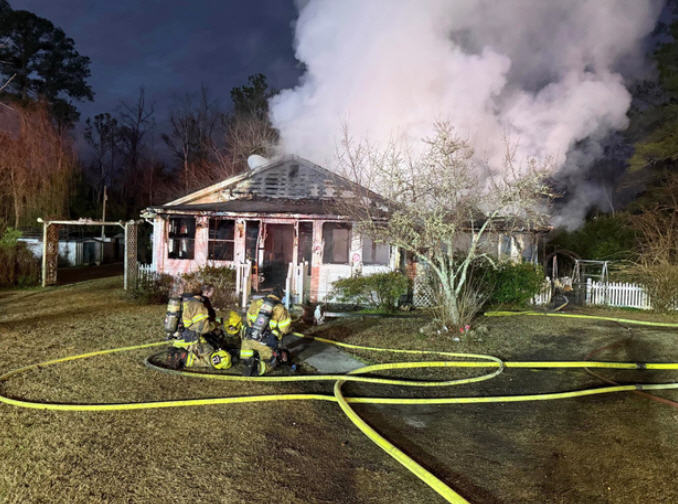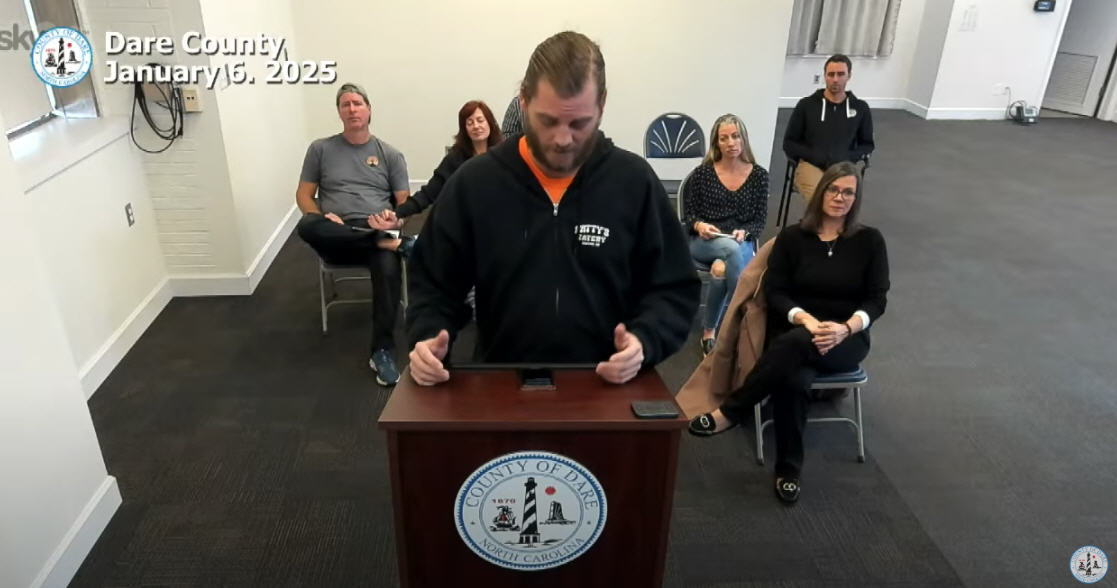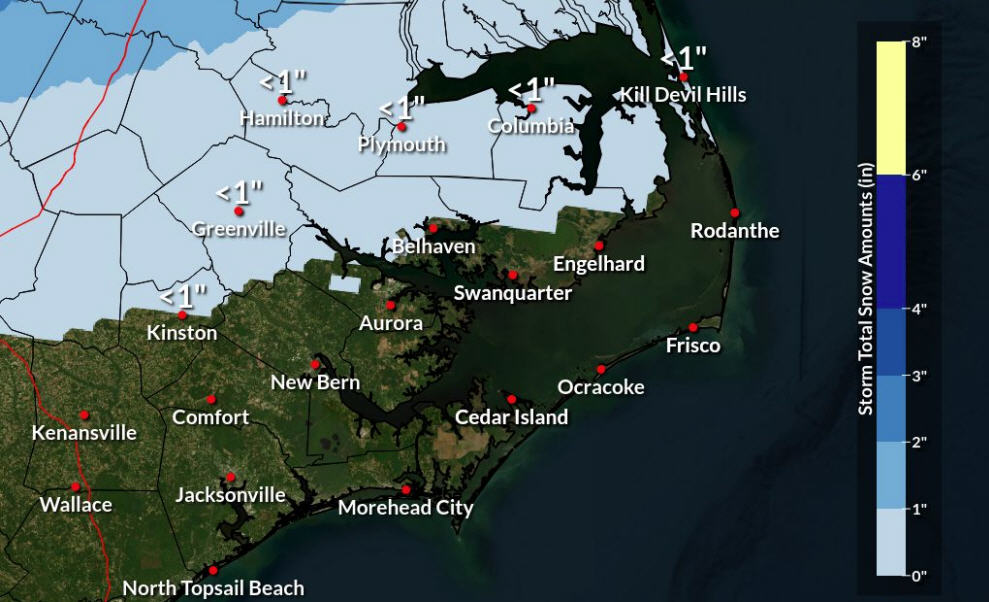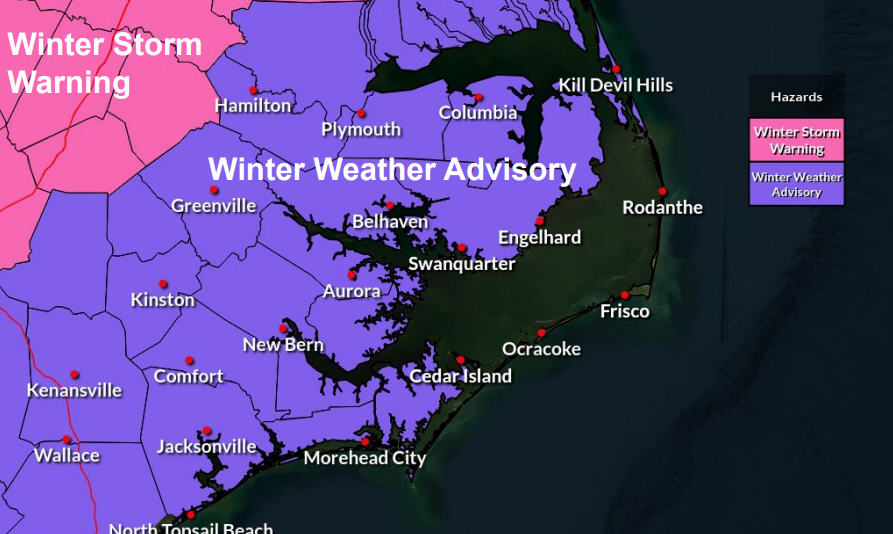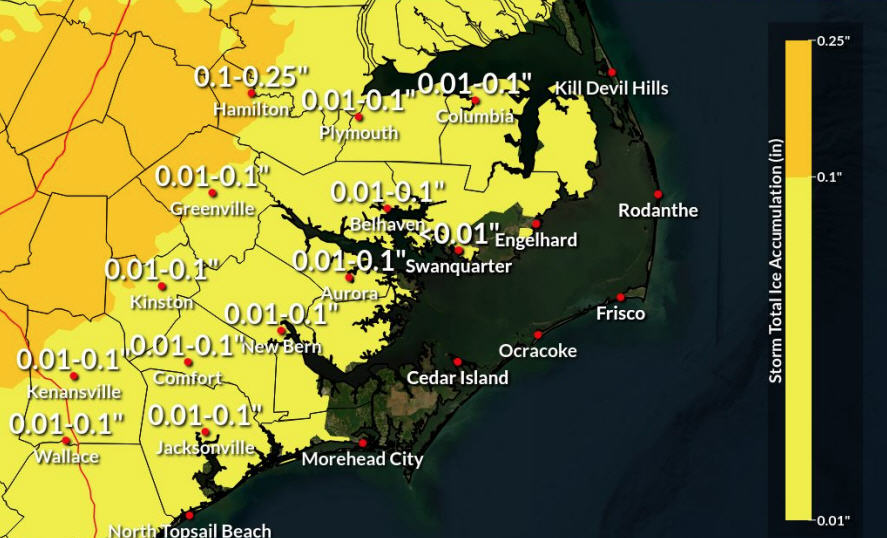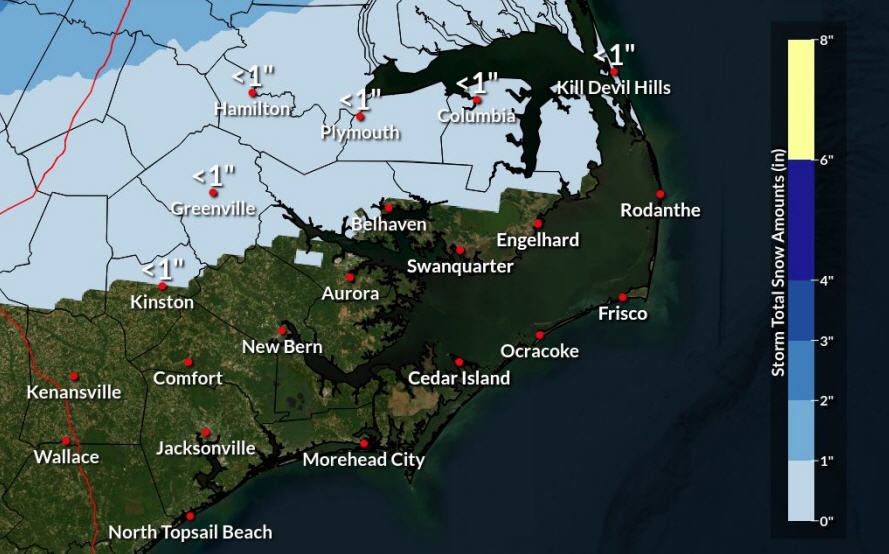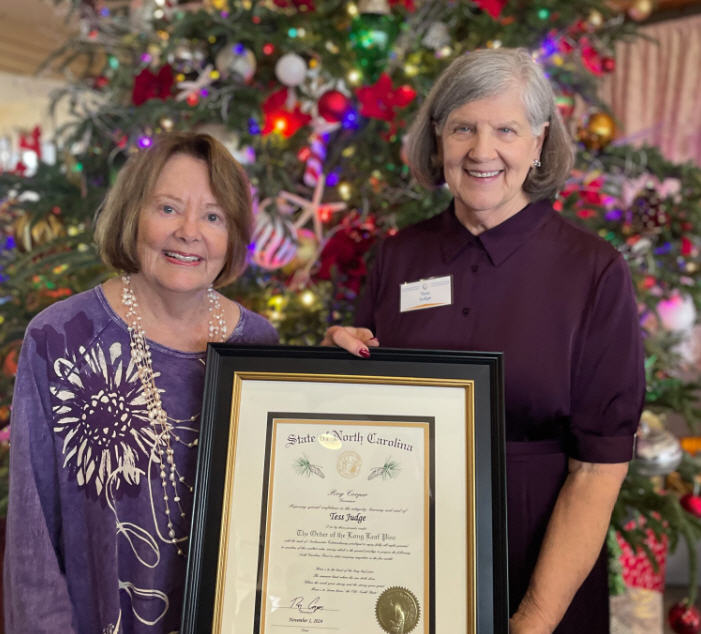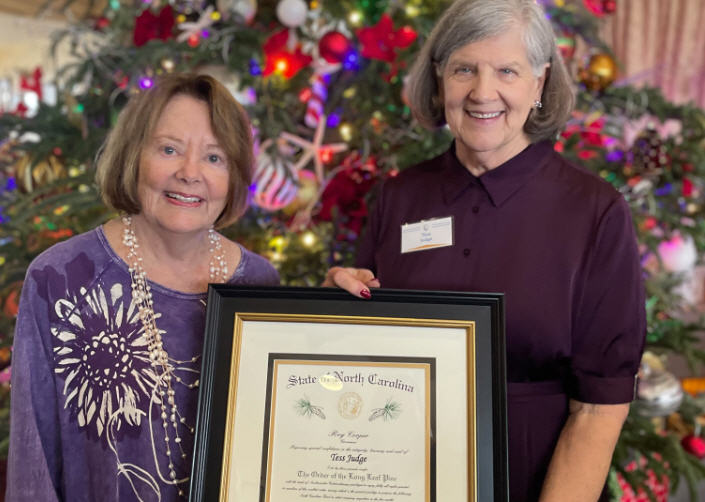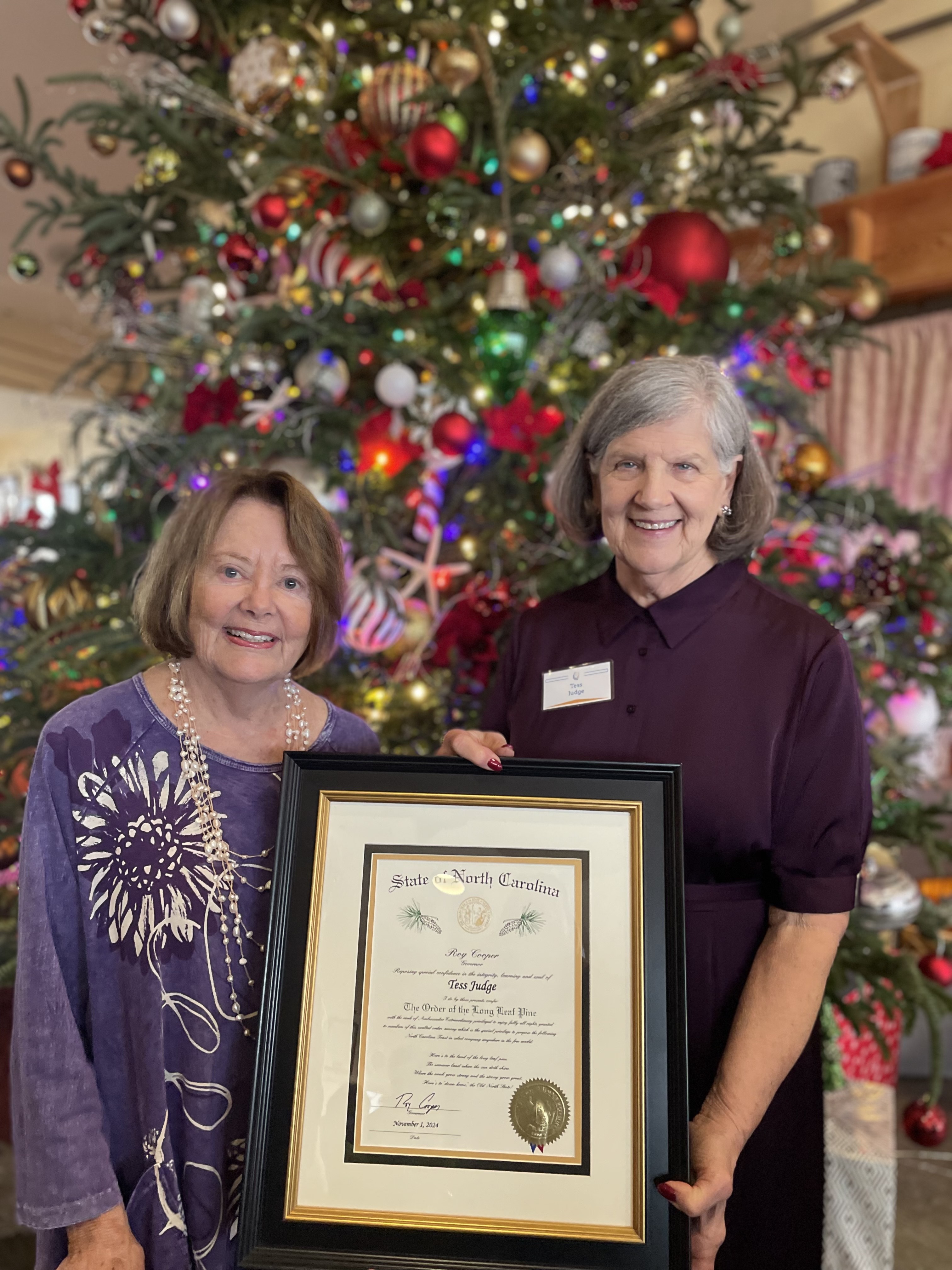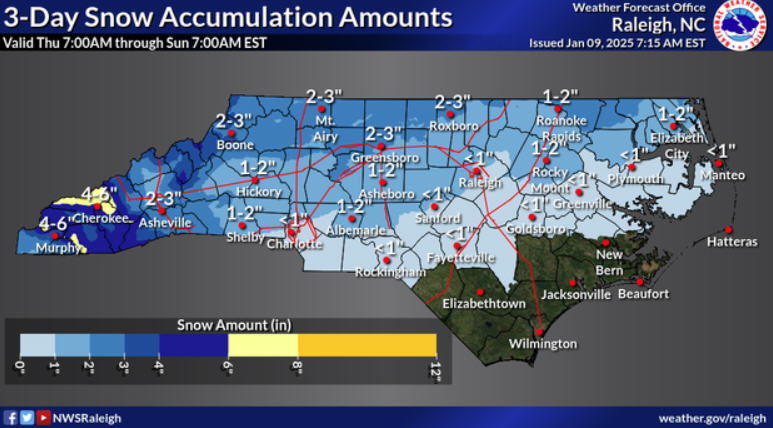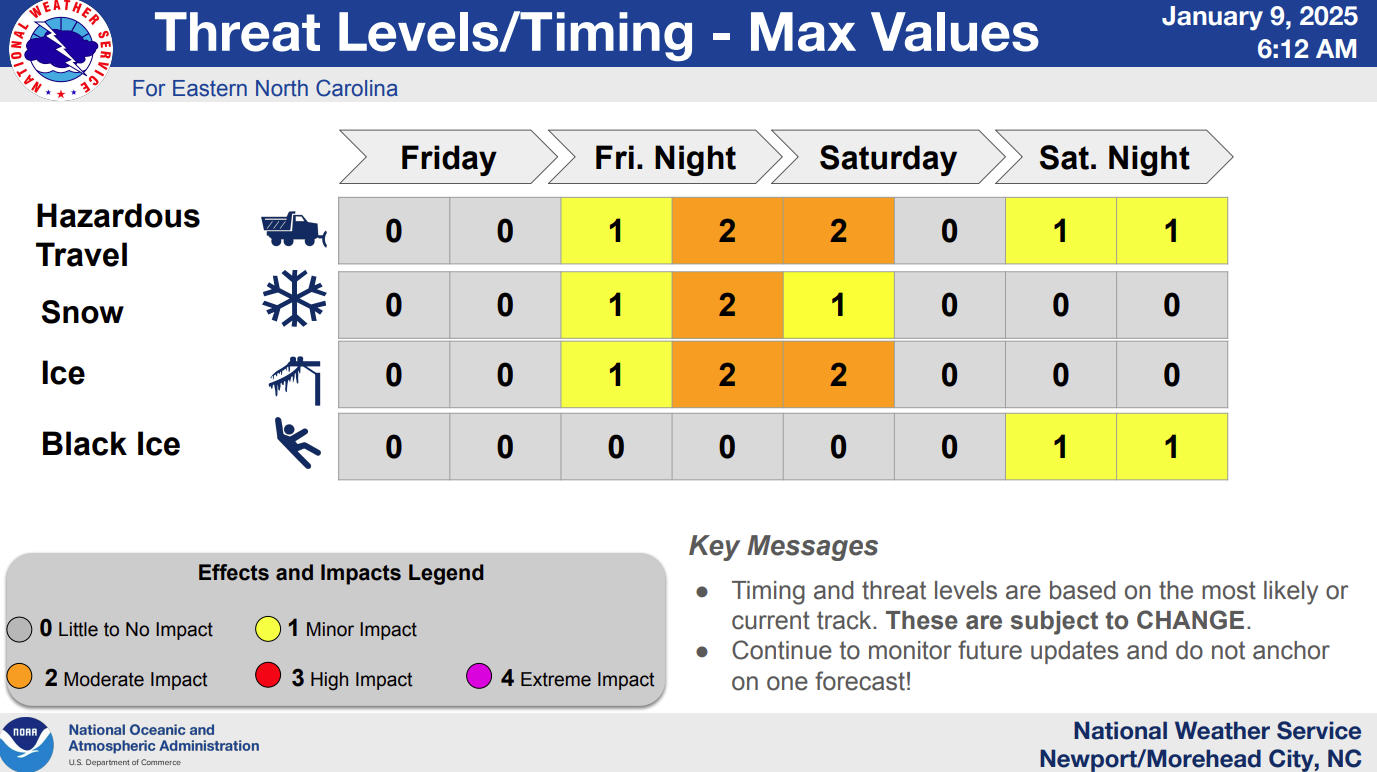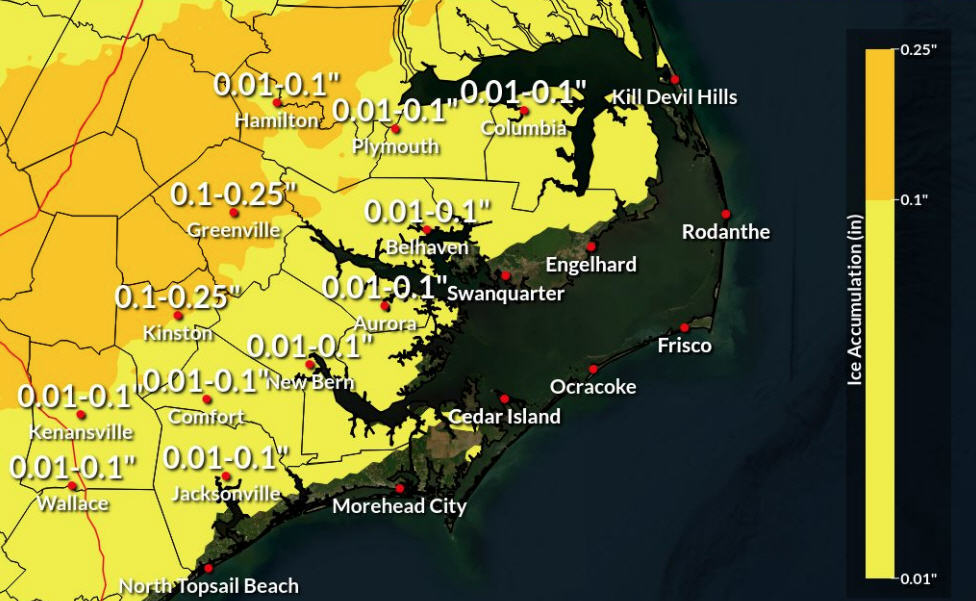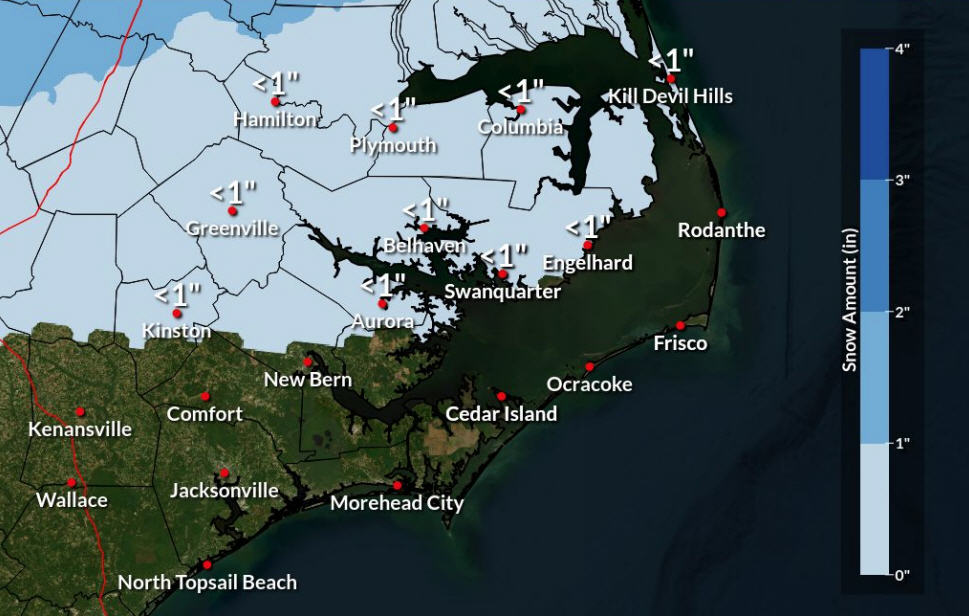Dare County Commissioners pass feral cat ordinance
By IRENE NOLAN
The Dare County Board of Commissioners at yesterday’s meeting passed an ordinance to address the issue of feral cats in unincorporated areas of the county.
The board members unanimously passed most of a draft ordinance, presented by county manager and attorney Robert Outten.
The board has received numerous complaints from residents about feral cats that are a nuisance on their property. The Dare County Sheriff’s Office also receives complaints from residents about the cats or caretakers of the cats coming onto their property to feed the cats without permission and other issues.
“There is a significant feral cat problem in Dare County,” John Graves, program director at the county’s Animal Shelter, said at yesterday’s meeting.
Feral cats are defined in the new ordinance as a “cat that is not socialized to humans and is not an owned cat.” A feral cat colony is defined as a “group of greater than six feral or stray cats that congregate, more or less, together as a unit and share a common food source.”
When questioned by the commissioners, Deputy Donovan Ruth from the Sheriff’s Office, who has been working on crafting an ordinance for months, was hesitant to make a guess about how many feral cats or colonies exist in the county. However, he did say that there are probably “at least 100 colonies in the county that are an issue.”
County and law enforcement officials have said, that Hatteras Island has a especially serious issue with feral cats.
The “issue” is usually a conflict between those people who, for humane purposes, care for the wild cats and those who do not want the cats congregating on or near their property for a variety of reasons.
In answer to a question by Commissioner Jack Shea, Graves explained that feral cats are a greater issue than, say, stray dogs, because they “populate at a faster rate.”
Cats that are not neutered can quickly overrun an area. If they are not properly cared for and vaccinated, they can carry disease and can be a health risk to humans. They can also injure well-meaning people who try to approach them.
“I’ve seen injuries from these cats,” Commissioner Beverly Boswell said at the meeting.
The owners of a rental cottage in Frisco spoke during yesterday’s public comment session of the board meeting about their ongoing battle with a person who does not live in the neighborhood but insists on feeding the feral cats in the area.
Kelly Guido said “this individual is very threatening to us and our renters.”
She said she first became aware of the problem one night when the family was staying at the cottage and returned after dark. The cats, she said, apparently mistook the family’s vehicle for the person who feeds them. Dozens of cats came running toward them, she said, including several with litters of kittens. Guido said the incident was disturbing.
For health and hygiene reasons, the Guidos asked the person not to feed the cats on their property and eventually called the Sheriff’s Office about the problem.
John Guido said that he and some of his neighbors have taken out warrants to prevent the caregiver from trespassing to feed the cats on their property, but “it’s like a game to him…he just moves to another property.”
Kelly Guido said at the Monday morning meeting that the night before, the individual feeding the cats had spent an hour with the animals near their house at 11:30 p.m. with a bright flashlight.
Many, like the Guidos, who have complained about this person or others who feed feral cats do not want to be thought of as inhumane. They do not want to see the animals harmed. But they also don’t want them on their property.
Many, if not most, of the people who care for feral cats do not create these issues. In some cases, one individual feeds a few cats in the neighborhood and in other cases, folks who belong to Friends of Felines of Cape Hatteras Island, maintain colonies of cats and feeding stations. Friends of Felines supports the trap-neuter-release program for cats and also makes sure the animals are healthy.
The purpose of the ordinance passed Monday is “to permit and establish the requirements regarding the keeping of feral cats in order to reduce the population of feral cats, benefitting pubic health, improving the quality of life for residents and visitors, and ensuring the humane treatment of feral cats.”
Outten said Monday that county staff set out to answer the question, “How do we respect the rights of responsible caretakers of cats and the rights of property owners also?”
He said the Sheriff’s Office had asked for “more tools” to deal with feral cats when there are conflicts and issues.
That’s why Sheriff Doug Doughtie has assigned Deputy Ruth, to spent months working with the public and helping develop the ordinance.
Graves of the Animal Shelter, Outten said, worked with “responsible caregiver groups.”
Outten said draft ordinances were submitted by Planning Director Donna Creef, Graves for the Animal Shelter, and Ruth for the Sheriff’s Office.
Outten said that he, Creef, Graves, and Ruth then met several times to work on the draft that was presented to the commissioners.
The goal, Outten said, was not to prohibit feeding or keeping cats, but to tell folks that “if you are going to have cats, you are going to have to be responsible for them.”
The major “tool” the ordinance gives the Sheriff’s Office is that it spells out that keepers of feral cats can feed them only on their own property or on property that they have the written permission of the owner to use for feeding or feeding stations.
Feeding stations and shelters, the ordinance says, must be at least 100 yards from property for which the caregiver of the cats has no written permission to use for feeding.
The ordinance also provides for health care of the cats — they must be neutered and vaccinated, for example. And it spells out such things as how they should be fed — not to exceed a half cup of dry food per day per cat — and that food should not be left out for more than two hours.
Both Outten, Graves, and Ruth noted that the county and the Sheriff’s Office won’t necessarily be out patrolling the county looking for violators. However, when the cats or their caregivers become an issue, the county and the Sheriff’s Office will have specific laws that they can enforce.
Graves asked the commissioners to eliminate the need for registration of cats and/or colonies from the ordinance, since it would require, he said, another employee at the Animal shelter.
The commissioners agreed finally to eliminate the registration requirement for now, though they didn’t seem to agree that it should take more manpower at the shelter to register cats.
The commissioners also “filled in a blank” in the draft ordinance by defining a manageable number of cats in a colony as one cat per 400 square feet.
Graves also asked the commissioners to proceed with caution “because the people involved are very passionate” about the cats. “Alienating the caregivers just causes more issues,” he said.
The ordinance also spells out the “public’s responsibility” to treat the cats humanely, to not harass them or their caregivers or to remove or disturb food or water at any colony.
The ordinance provides for enforcement and for penalties. Violation of the ordinance is a criminal misdemeanor, punishable by a fine not exceeding $50 or by imprisonment not exceeding 30 days. It is also punishable by a civil penalty of $50 for the first 15 days and $100 for the 16th through 30th day that violations continue and $500 or the maximum amount authorized under N.C. general statutes for each day after 30 days that the violation continues.
Vice-Chairman Wally Overman made the motion to pass the ordinance as presented without further discussion or public hearing.
“We need something to start working with,” Overman said, adding that the board understands it may “have to be tweaked down the road.”
Outten said late yesterday that the county did not have a “cleaned-up” copy of the ordinance as passed. However, he said, that people can look to the draft ordinance that was published with the agenda for the meeting and eliminate all references to registration of cats or colonies. The ordinance as passed should be available, he said, later in the week.
Deputy Ruth said the Sheriff’s Office will allow a “grace period” before it begins enforcing the new ordinance.
Click here to read Dare County’s new feral cat ordinance.
To hear the discussion of the ordinance at the Jan. 4 Board of Commissioners meeting, go to the county website, http://www.darenc.com/gov/govboc.php, and click on view video. On the printed agenda scroll down to Item 10, discussion of feral cat ordinance.








